As you may know, I grew up in a multi-lingual family. English was my second language and at the age of 4, I spoke English, Dutch and understood a fair bit of French, German, and Hungarian. The product of being an immigrant family.
As a teenager at school, I studied French and Latin. Both came relatively easily to me. Each language I learned made it easier for me to learn the next one. What came through more than ever was that with language came culture, and understanding the culture brought the language to life and vice versa.
In the early 90s, I had a stall at the Takapuna markets. I sold holographic novelties from earrings and bookmarks to expensive 3D holograms. They were leftovers from a startup that never really got very far because I was also working full time for Datachecker when I set it up. My mother was my salesperson once I had some established customers for her to call on.
I would get up at 4 in the morning and race off to the market with a table, my stock and often my guitar. If I wasn’t playing the guitar, I had the car stereo going, often playing music from people like Jarre, because I thought it fit well with selling products that featured optical illusions.
There was a guy that was there almost every Sunday, bright and early, maybe 7 am. He would walk around carrying a drink, maybe a coffee. A short guy that you would hardly notice, who chatted to people as he did the rounds.
His name was Ray Columbus. Sadly he passed away in 2016. RIP Ray. He was a Kiwi pop icon for many years. His top hit was called She’s a Mod. He put cultural differences like this.
So what did I learn about doing business in Japan?
Temiyage is the word for giving gifts when you visit someone. It is customary to bring a gift, nothing expensive. Coming from New Zealand there were all sorts of things that we could bring. Souvenirs were common, I often visited souvenir shops before a trip, but one thing my business partners and future friends loved was New Zealand salmon. You could buy it cold and vacuum packed. Another was whisky, which was very expensive over there.
The way gifts are presented is fairly important, but as my kids would tell you, I am useless at wrapping. Especially last minute, but really, it doesn’t matter when, I just suck at it. When there are Santa presents under the tree, everyone knows who wrapped them.
The person whose role I was taking over at Monaco, Lyn, came with me on the first two trips before he left to become one of my resellers. On the second trip, we took over my colleague and friend Jeff, who moved to Australia to work at our sister company, Mobex. He and I would work very closely together for many years.
This is Lyn and Jeff, having remembered by the time we got to Narita airport, that we had not yet wrapped our temiyage gifts. It wasn’t the last time I packed gifts at the airport.
Mine were either professionally or poorly wrapped, but my future friends thought this was humorous and I think the fact that I made the effort personally, as a show of respect, was endearing.
The next thing I learned was not to share a room. I won’t mention names, but my first trip was the last time I would share a room at the Shinjuku Hilton, or anywhere else. My roommate snored. I probably did too, but he kept me awake. Absolutely a great guy, who I have a lot of respect for, but he snored, I couldn’t sleep, and I couldn’t even watch TV or read a book for fear of waking him.
Lyn had a great relationship with management at Casio in Japan. He had been going there for several years. He taught me the ropes, to the point of being able to do my job, negotiating prices, stock levels, and forecasting. I got the basics. But there was a point where I had wanted a closer relationship and better deals.
I think Japanese export salespeople all had the same pattern, as I discovered when I started looking for additional value-added suppliers in Tokyo on future visits, for products I had in mind, electronic waiter pads. We would begin with a social discussion over tea, maybe lunch in a restaurant, usually in their building the Sumitomo Building or one nearby. All of the buildings in Shinjuku had floors with restaurants in them. The quality often depended on how important they thought you were.
Early on I found that I asked too many questions to their liking. I asked for new features and I frustrated them at times when I discussed ideas for product improvements or asked them to fix bugs. Sometimes the logic was not very user friendly and people behind the cash registers would get a horrible beeping sound when they hit the wrong button and would have to click on a button to stop it. I would say “We need better design in the UX”. They would say, “You need better customers.”
They were like “Who is this gaijin, telling us how to create products?” They just wanted orders. They were hugely successful. They had their offices high up in the Sumitomo building and I was just a Nyujiradojin.
Whenever we were in a business meeting, we would get to the point where they would start pushing for orders. I would put my case forward and try to negotiate for a better deal on pricing. They would listen to me and then start a discussion together in Japanese and I wouldn’t understand a word.
They would look at me as they spoke, maybe even point, chuckle and I would sit there for an interminable 5 minutes. Then they would come back with a counteroffer.
After that second trip, I enrolled in a Japanese language night school course at a local college. I had bought a couple of books about living and doing business in Japan, as well as a great book about the history of Japan.
The third trip, was similar to the previous one except I was on my own. Now I had to make it work. Kimura San took good care of me, showed me around Tokyo and the results were satisfactory, the process the same.
The fourth trip was different. I wore a suit checking in at Auckland and convinced the check-in counter woman to upgrade me to business class. Another lesson I learned. The Japanese used car dealers would harangue the check-in staff and be dressed in trackies for comfort on the flight. They rarely got what they asked for. I looked smart and asked politely if there was any chance of an upgrade.
For a couple of years, while the flights weren’t very busy, I got lucky. After that I had to pay business class, but I got special deals as a very frequent traveller and my name came up as a VIP when I checked in.
While the car dealers went for centre aisles and pretended to be asleep so people who had those seats would go elsewhere. I settled in on the plane with a methode champenoise and listened to the Air New Zealand hits of the day, like Jimmy Barnes, and Phil Collins.
I arrived at Narita Airport and had a couple of bottles of Johnny Walker gift wrapped and had 6 months of Japanese classes under my belt. Watashi wa Luigi, and I was ready for business.
I hadn’t told the people at Casio that I was learning Japanese, I just started as usual. When it got to the negotiation part, Kimura San and his manager started talking Japanese as usual. Looking at me, pointing and chuckling a little, I could only understand a little of their discussion, and I couldn't believe it.
They weren’t discussing products or pricing. They were talking about what they did at the weekend, and where we might go for lunch. So I piped in and said something like, “Tonkatsu ga suki.”
Sudden silence as if someone had hit a gong. “Ma hontoni?”
“Hai, watashi wa sore ga daisukidesu”.
“Hmmm ah so desu.”
You could have heard a pin drop. From then on, everything changed. I think I was the first buyer who had ever tried to learn the Japanese language and they saw that as a huge sign of respect.
Next thing I know, instead of going to a local cheap restaurant with me for dinner in Shinjuku, which would have been fine, I was invited for dinner at Kimura San’s home.
I met his charming wife Mamiko San and we were on the way to becoming friends. It would become common for them to give me Omiyage, gifts to take home for my children. They loved the origami sets he gave them and talked about them for years.
Later, on a trip to Casio’s head office in Dover, New Jersey, I was arranging to take some stock from them that Japan was short on and they were overstocked. When they gave me a price I was shocked at how high it was. My reaction was “I get this product 20% cheaper than this in Tokyo”. They told me that they were offering them to me at their landed cost!
Why the difference? They bought a hundred of each model for my ten, counting our Australian business. It was because the Americans went to Japan wanting to do business on their terms. After all, they were American. Even though the Japanese loved everything American, they liked me more, because I tried to relate to them on their level. I found a balance between my needs and their culture.
What did they get out of it? Huge market share. In our key niche markets, especially hospitality, we got to an average of 70% market share for Casio, despite having some great competitor brands in New Zealand. Market share was equal in importance to them versus profit.
Learning Japanese was a smart move on my part and would lead to many success stories over the coming years.
Did you enjoy this story? If so, please tell someone else and subscribe if you haven’t already done so.



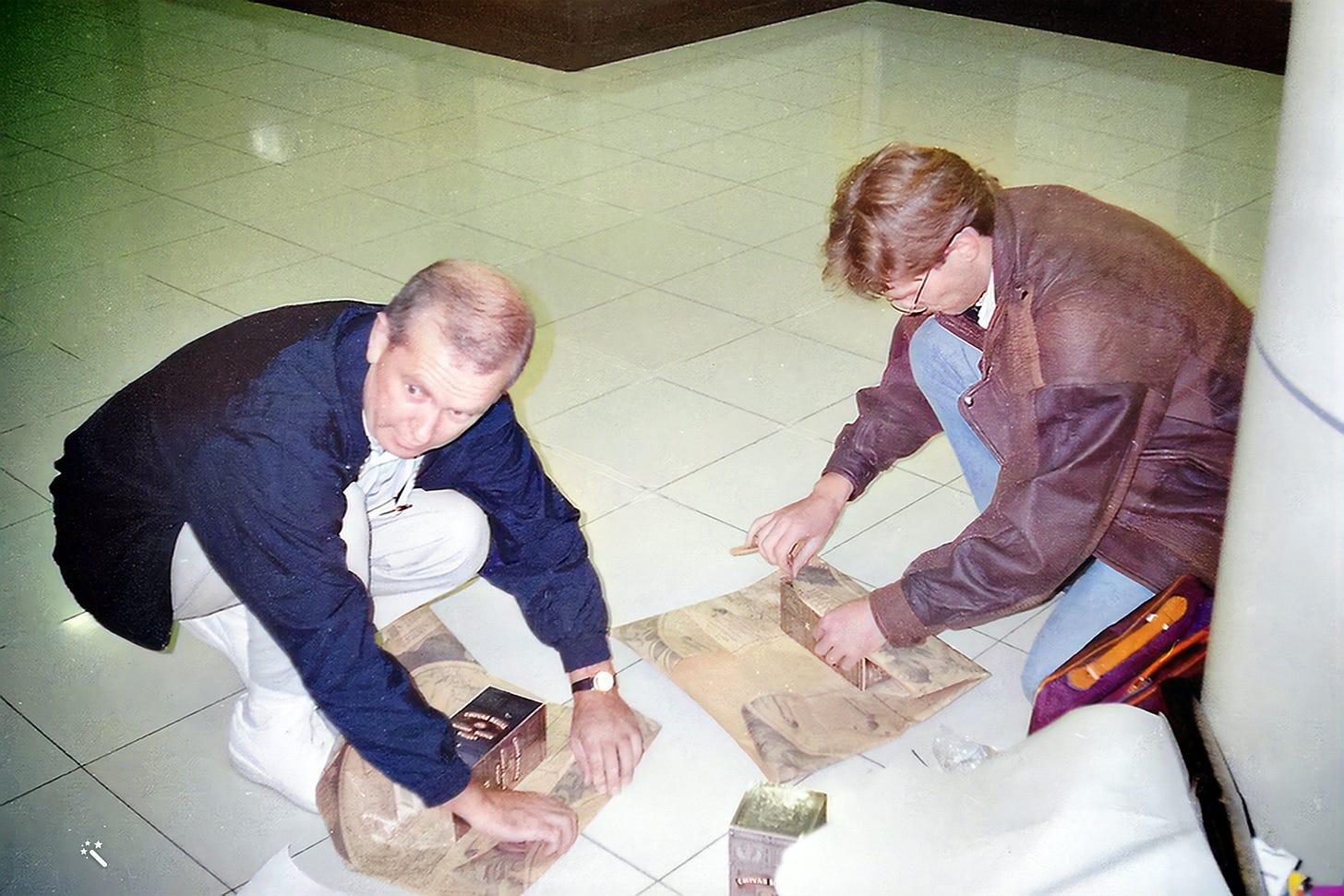
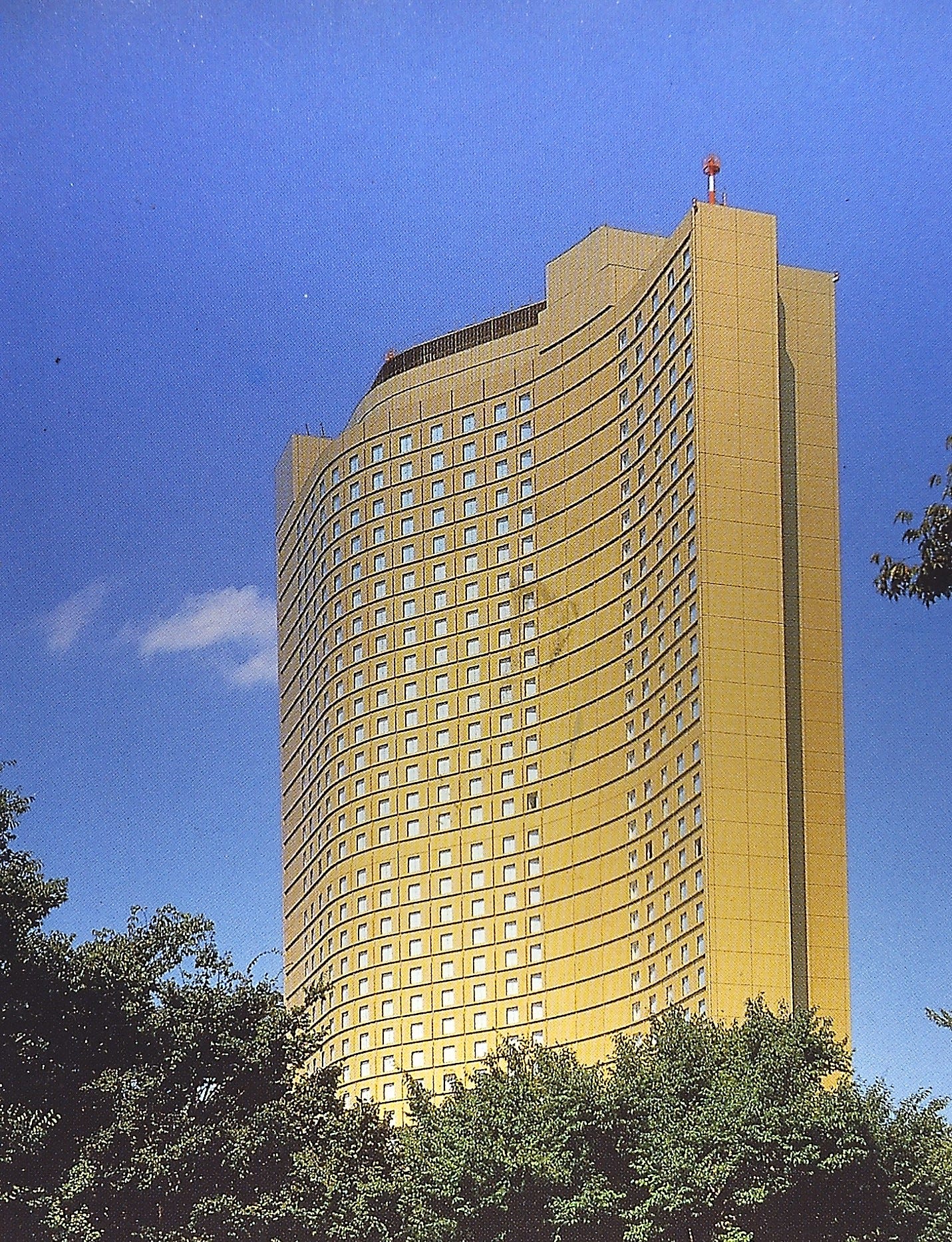

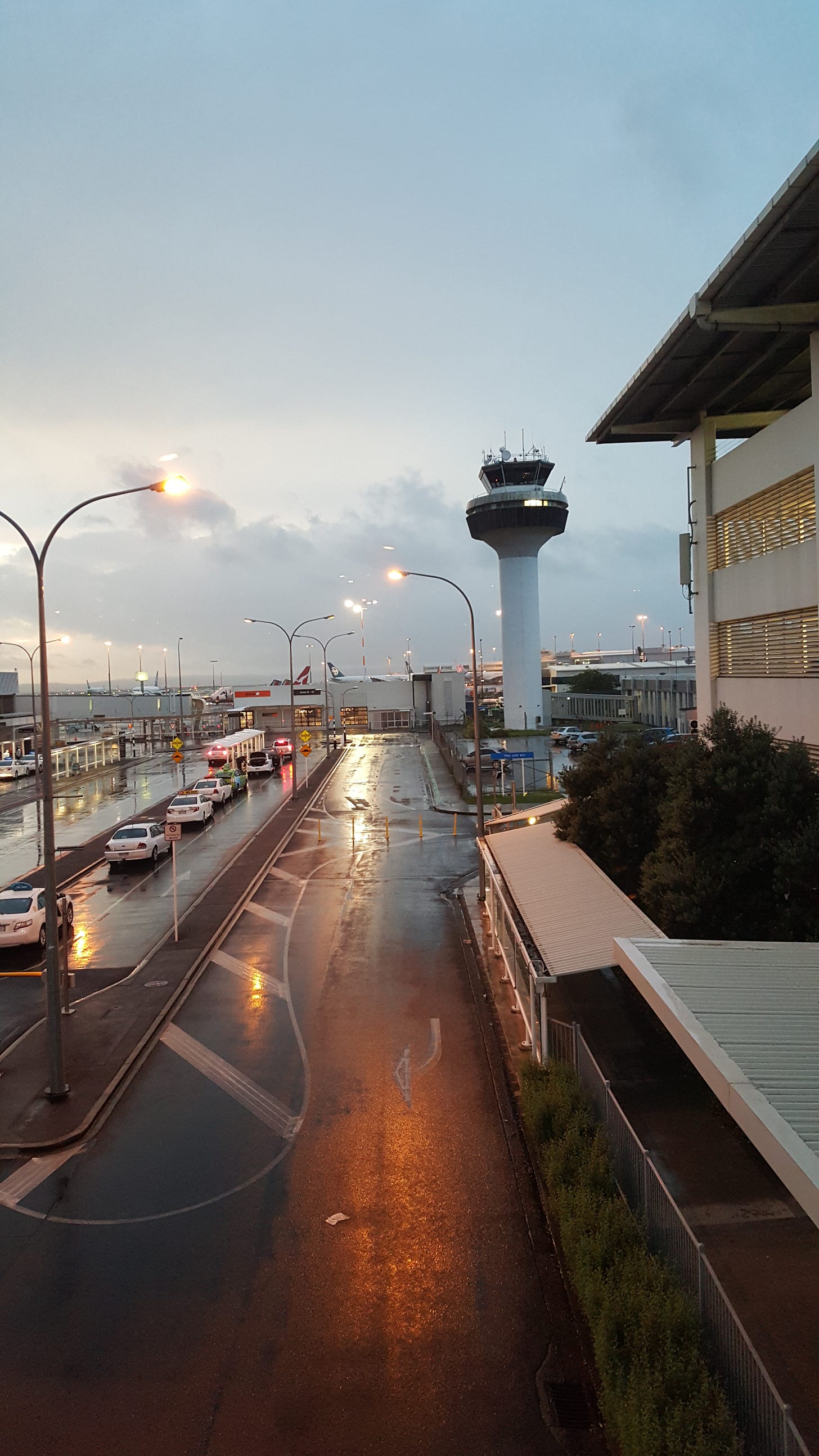
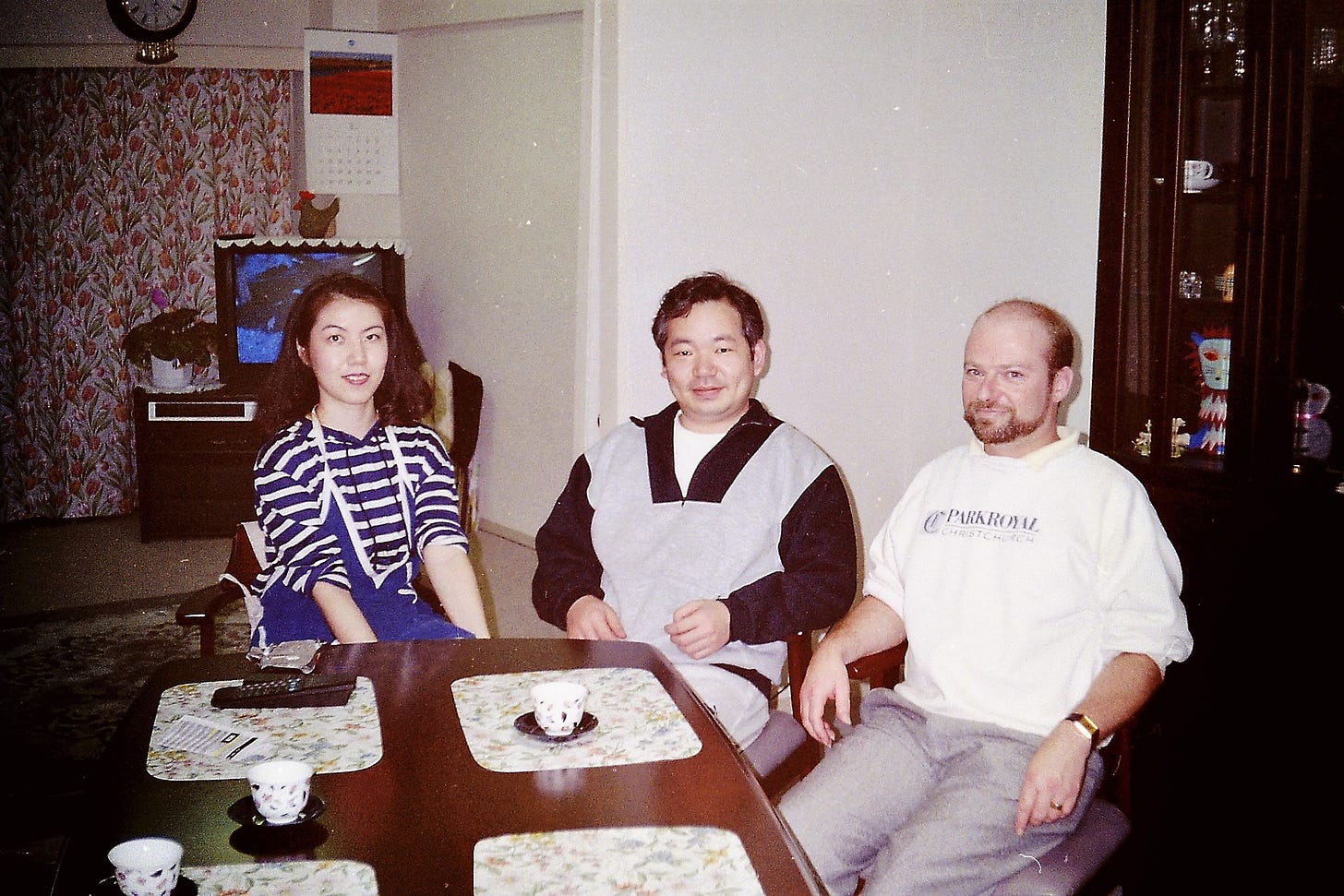
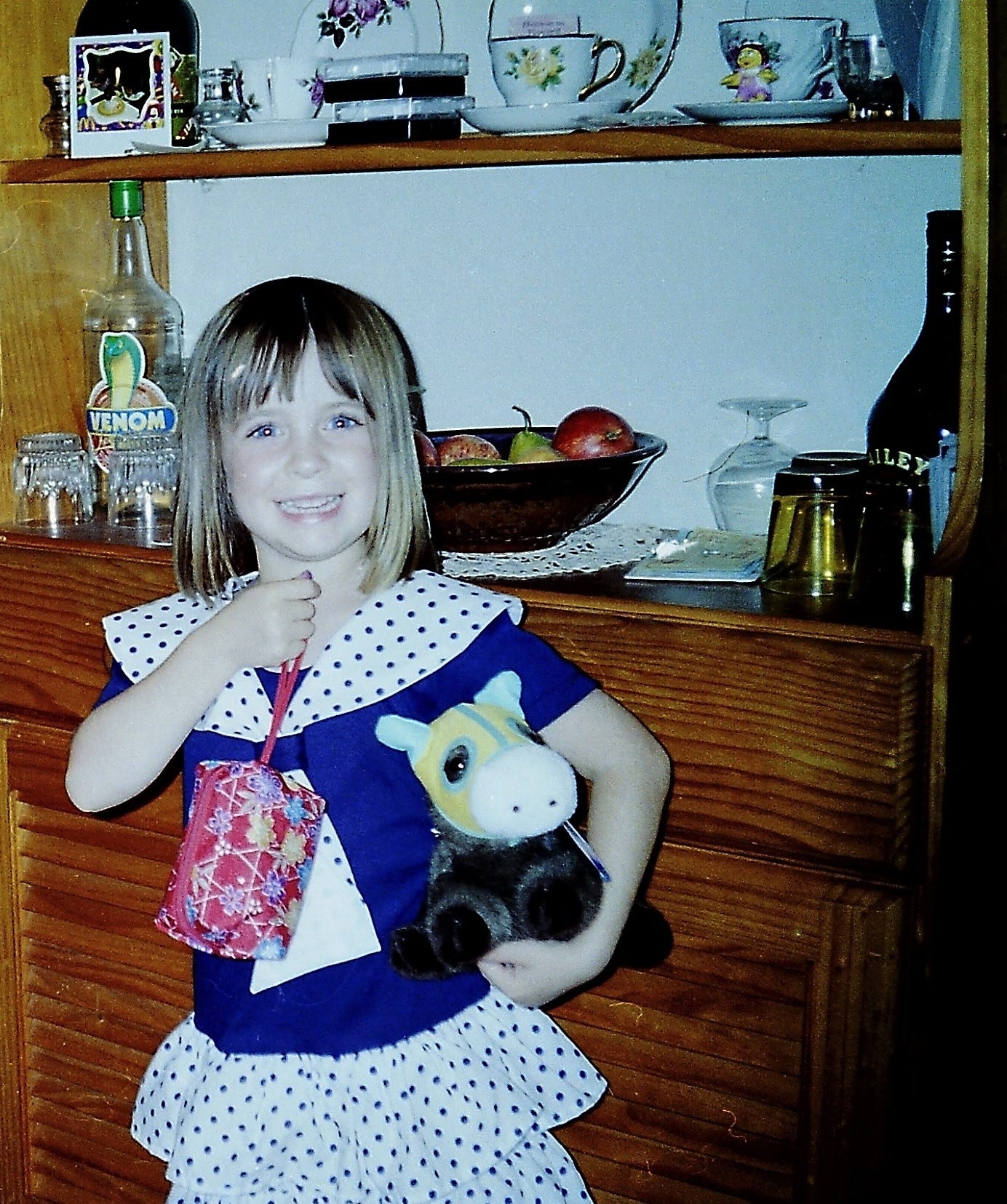
The Japanese respect the hell outta anyone who makes an effort to speak a few simple sentences. And the language has no common ground with European or other Asiatic languages. It’s a true labor of love to learn the language (especially if you are monolingual).